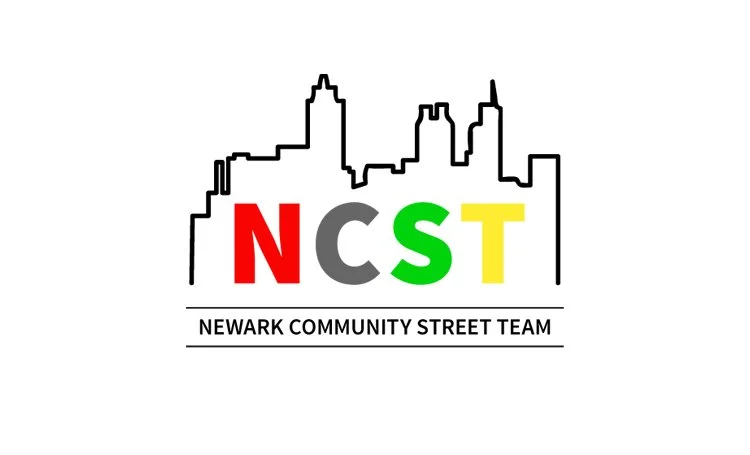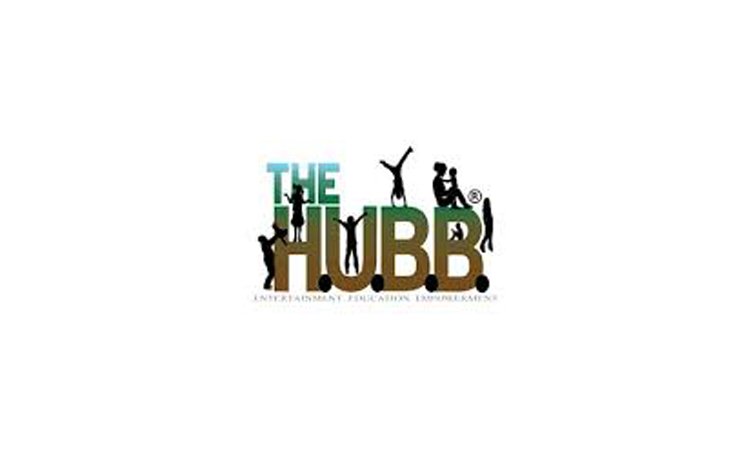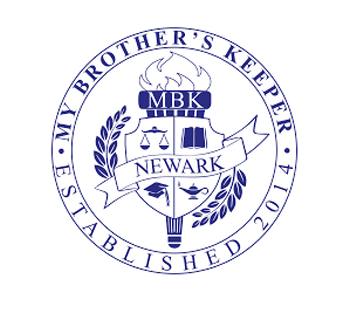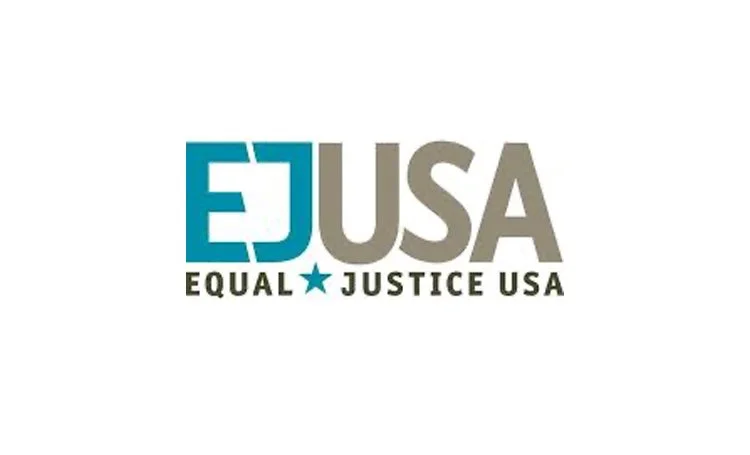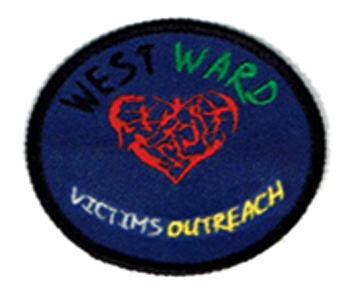
- Representative John Lewis
'Get in good trouble, necessary trouble'
Newark Anti Violence Coalition (NAVC) started working directly with victims and their families offering support in court, applying for family compensation, advocating for more trauma-informed education in schools, and were able to get a city-wide acknowledgment of gun violence as a public health issue.
The Newark Community Street Team (NCST), founded in 2015 by Mayor Ras J. Baraka and Aqeela Sherrills, works directly with residents as a community evidence based trauma informed violence reduction strategy. It hires, trains and deploys community-based nontraditional outreach workers and high-risk interventionists in the South Ward and West Wards of Newark, including those who have been incarcerated and those who have been engaged in the drug trade, to (a) provide casework to those at greatest risk of becoming a victim or a perpetrator of violence; (b) engage in high-risk intervention, both mediating ongoing disputes that may result in violence and preventing retaliation; (c) offer safe passage at contracted schools; and (d) provide support to crime survivors who are overlooked by traditional victim services agencies.
The HUBB Arts & Trauma Center, is one of the Mayor’s “Centers of Hope.” The HUBB has become a beacon, offering beneficial activities and opportunities to residents of a subsidized housing complex, in an ongoing attempt to build equity. This has included job fairs, health screenings, and discussions on mental wellness, violence, and abuse.
Newark Opportunity Youth Network (NOYN) began its work in Newark in 2016 after nearly ten years of work as YouthBuild Newark, an affiliate of YouthBuild USA. Founded by Robert Clark, a former YouthBuild graduate, the initiative provides young people ages 16-24 years old with an opportunity to earn a GED while gaining on-the-job training through community building projects. NOYN coordinates support from other key initiatives, each one advancing one of the key pillars of the organization:
My Brother’s Keeper Newark (MBK), established in 2014 by Mayor Baraka, it is part of a national alliance to support black and Latino young men by focusing on mentoring, violence reduction and second chances, and connecting boys and men with living wage jobs.
Newark Public Safety Collaborative (NPSC), was formed in 2018 as part of the Rutgers-Newark, School of Criminal Justice Anchor Initiative, working in collaboration with the Mayor’s Office, community grass-roots organizations and large corporations, provides key support by making data analytics and research evidence accessible to its members, local community groups and change agents.
Equal Justice USA (EJUSA) is a grass-roots community organization created out of residents’ outrage with young lives being interrupted because of violence.
Newark Street Academy (NSA), established by Mayor Baraka, is a program for disengaged youth between the ages of 16-24 years of age who have dropped out of school. NSA offers a 15-week cohort that includes case management, job readiness and vocational training.
The West Ward Victims Outreach Services (WWVOS) program provides trauma support services to young men of color ages 18-30 in Newark’s West Ward who have been impacted by trauma and victimization. Support services include mental health counselling, housing assistance, social services, legal aid, crime victim compensation assistance, and job readiness training.
Newark Community Solutions (NCS) does a transformational work in criminal justice by offering judges with increased sentencing options for non-violent offenses such as drug possession, prostitution, and shoplifting. By expanding the use of community service and social service mandates, NCS reduces the court’s reliance on ineffective fines and expensive short-term jail sentences, enhances procedural justice, and builds public confidence in justice.
Inspired By U (East and North Wards) provides arts, music, and cultural therapy programming, the Strengthening Families Program, and a mentorship/follow-up component for all participants.
Next Generation Project (South Ward) provides a quarterly curriculum module of weekly lessons, focusing on self and leadership development and prevention of violence for school-age youth in the South Ward.
New Direction Reclaiming Public Safety and Public Health. Outreach and Engagement throughout the Newark. Contributed to the crime reduction rate in the South Ward by using the centralized office to engage at-risk youth and adults with counseling and case management services.
Southward Promise Alliance The BRICK Community Network is a community support organization with a proven track record of breaking cycles of poverty through a unique, two-generation approach. By addressing the needs of children and their caregivers, we break down barriers to generational success and support communities' brick by brick. We lead and operate two charter schools, a network of 30+ community partners, a partnership with Gateway U in Teacher’s Village, the Southward Promise Neighborhood.
University Hospital Offers a weekly support group called "Link-up", where participants and staff from our Hospital-based Violence Intervention Program (HVIP) have the opportunity to therapeutically provide peer support by sharing stories of their experiences with victimization and community violence.
A main focus of the Communities That Care (CTC) system is to develop a community profile that recommends a plan to affect risk and protective factors present in a community. In order to do that, CTC collect data via a youth survey that identifies top priorities of risk factor. Then CTC conduct a community resource assessment that analyzes strengths and needs of programs and policies available in the community that impact youth.
Communities That Care has an inventory of organizations and agencies that impact the risk factors that affect the youth of Newark’s South Ward. Working in collaborative networks of Key Leaders, Community Boards and Workgroups this model focuses on promoting positive youth development and preventing problem behaviors. Using evidence-based data collected in community and assessing predictors both of problem behaviors and of positive youth outcomes; Key Leaders and Community Boards along with Workgroups members from each community organization or agency listed in the inventory, help to identify goals, target population, evaluations and any gaps or barriers that are preventing organizations from reaching their desired goals.


